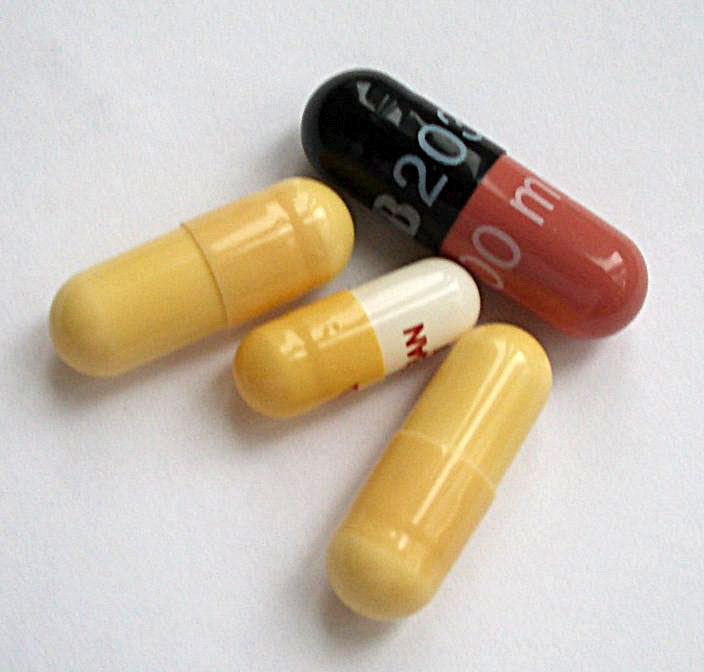The Fight against Disease Mongering
Disease mongering turns healthy people into patients, wastes precious resources, and causes iatrogenic harm. Like the marketing strategies that drive it, disease mongering poses a global challenge to those interested in public health, demanding in turn a global response.

What Is Disease Mongering?
The problem of disease mongering is attracting increasing attention, though an adequate working definition remains elusive. In our view, disease mongering is the selling of sickness that widens the boundaries of illness and grows the markets for those who sell and deliver treatments. It is exemplified most explicitly by many pharmaceutical industry–funded disease-awareness campaigns—more often designed to sell drugs than to illuminate or to inform or educate about the prevention of illness or the maintenance of health. In this theme issue and elsewhere, observers have described different forms of disease mongering: aspects of ordinary life, such as menopause, being medicalised; mild problems portrayed as serious illnesses, as has occurred in the drug-company-sponsored promotion of irritable bowel syndrome and risk factors, such as high cholesterol and osteoporosis, being framed as diseases.